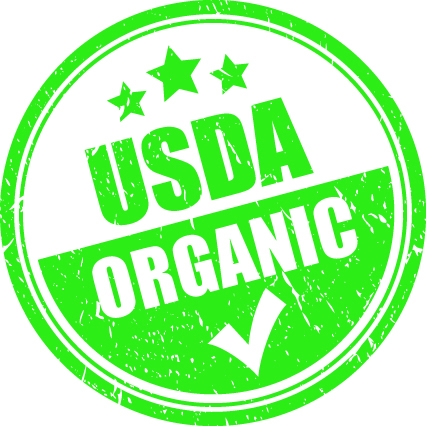Pa.L.C.B. Changes Procedure on Brand Registration for Breweries
UPDATED:
Effective January 1, 2018, the Pa.L.C.B. is only requiring a COLA to be obtained from the TTB, and filed with the Office of Malt Beverage Compliance, for brand registration if the brands will be sold to licensees, including restaurants, hotels, distributors, clubs and other manufacturers. Moreover, the Pa.L.C.B. is not requiring a COLA for brand registration if the products will only be sold by the brewery, for on or off-premises consumption, to consumers and not licensees. This means that a brewery is required to obtain a COLA from the TTB if it wishes to start self-distributing to retail accounts and not just making sales to non-licensee consumers at its brewery. If the brewery begins to self-distribute, or utilizing a wholesale distributor to distribute, the brand registrations for the brands that will be distributed must be updated with the Pa.L.C.B. Office of Malt Beverage Compliance. Breweries that do not follow these requirement will face an enforcement action, and the licensees purchasing your product may also face an enforcement action which could cause them to not purchase your product if not properly registered.
ORIGINAL POST:
We have received official word that the Pa.L.C.B. has decided to change part of its procedure for brand registration. This was not a formal regulation change, but a change to the internal review and approval requirements. After a conversation with Pa.L.C.B. Malt Beverage Compliance, we have been advised that, starting in 2017, the brand registration procedure has changed if a brewery does not plan to self-distribute its beer to any licensees or sell its beer for off-premises consumption.
If a Pennsylvania brewery is selling its beer at its brewpub or tasting room to non-licensees (customers and members of the public) for on-premises consumption only, the brewery does not need to obtain a COLA to obtain brand registration in Pennsylvania. However, if a brewery chooses to go this route and obtain brand registration without a COLA, this brand registration would be limited to on-premises sales to non-licensees. In fact, an enforcement action could be brought against a brewery for selling its brands to licensees or for off-premises if those brands are not properly registered with the Pa.L.C.B. to do so.
However, if a Pennsylvania brewery wishes to self-distribute by selling its products to other Pennsylvania licensees (such as a restaurant, distributor, winery, distillery, or other brewery) or sell to non-licensees for off-premises consumption, the procedure in our previous blog post, found here, should be followed. In short, that procedure is to obtain a COLA from the TTB and submit the COLA via the PLCB+ system for review by Pa.L.C.B. Malt Beverage Compliance. After properly registering its brands for off-premises sales, the brewery will be permitted to sell its products to non-licensees for off-premises consumption (in growlers, crowlers, bottles, cans, etc.) and to self-distribute to licensees.
Therefore, if you are a brewery in Pennsylvania that is simply operating a tasting room for sales to consumers for on-premises consumption, you do not need to obtain a COLA for brand registration in Pennsylvania. However, if you change your plans and wish to start self-distributing to other licensees or selling your products for off-premises consumption, you will need to obtain a COLA and re-register the affected brands prior to doing so. Another friendly reminder – if you fail to re-register the affected brands, you could face an enforcement action from Liquor Control Enforcement.
For information regarding national and state liquor law matters or general manufacturing and distribution advice, please contact our Liquor Law, Licensing, Manufacturing, and Distribution Practice Group: Liquor Law Department Chair Theodore J. Zeller III, Esquire (tzeller@norris-law.com); David C. Berger, Esquire (dberger@norris-law.com) for Pennsylvania and New Jersey retail and manufacturing licensing; or contact our offices at 610-391-1800.




